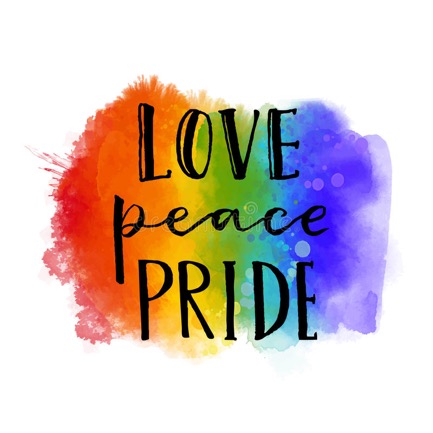
Coming Out; A Lifespan Perspective
The Calli InstituteIt wasn’t a common thing to be out when I was a kid. Having grown up in the early 90’s, all I knew of gay culture was that I was a likely candidate to join the team, and that my prospects weren’t good. I had heard of estranged family members, how often people speculated about another’s sexuality, and knew that I could never make it in any position at the one place gay was okay; the salon.
As I got older, more and more representations of LGBTQ individuals were showing up on TV and in movies. What started as a few taboo stories on premium channels in my youth (e.g. Sex in the City, Queer as Folk, and The L Word) has grown into primetime slots on basic cable (e.g.The Fosters, Modern Family, and Grey’s Anatomy).
The world has gotten so much better for LGBTQ youth in fact, that my adolescent clients are often teaching me new vocab terms, coming out earlier in life, and analyzing ways to make their world more inclusive.
While I can think of at least 100 programs reflecting on LGBTQ youth, I can only think of two shows that represent for those coming out later in life (Grace and Frankie and Transparent). Media is not the only place this disparity exists. Research on coming out over the lifespan is sparse, resulting in fewer social services, specialty providers, and resources for LGBTQ adults. Consequently, the population that has lived through the most bigotry is also the least likely to be supported in dealing with it, even today.
If celebrities like Barry Manilow, Meredith Baxter, and Jodie Foster are any indication, many baby boomers might still feel trapped in the closest, unsure of how to navigate their own coming out story. Issues like how to come out to your kids, disclosing to a spouse, or finding a queer community later in life, are uniquely complicated and sensitive. They become barriers with decades of foundation to hide behind. To all the readers who are thinking to themselves, “you’ve faked it so long—why change it now that you’re older and settled?” I can only tell you that in my experience, better late than never when it comes to true happiness.
This Pride Month, we want to send thanks to all the people who have helped make the world safer to come out and be out in, send appreciation to all the people who continue to make the world a better place, and send support to all those who haven’t had the opportunity to come yet. Hope to see you at the 2018 Twin Cities Pride Festival!
